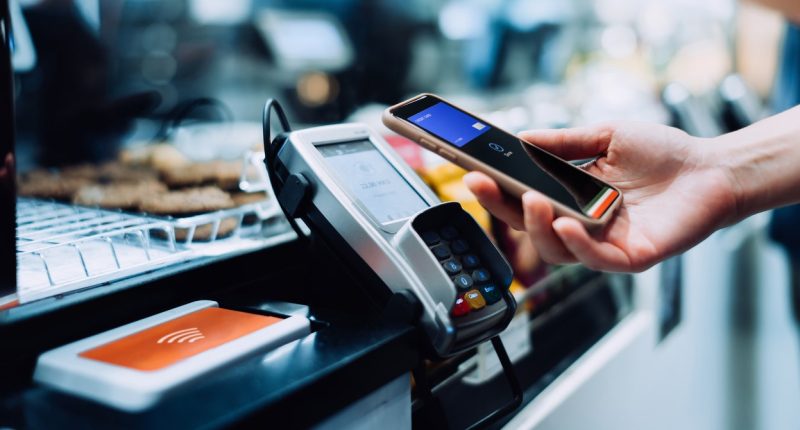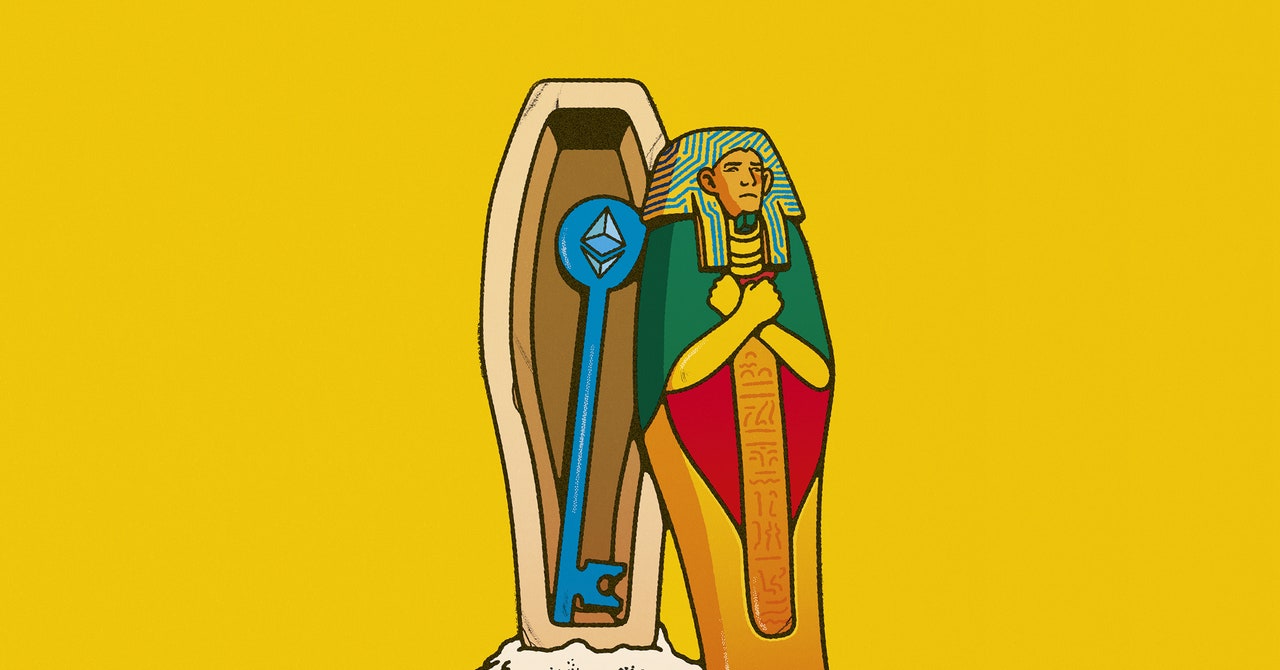Apple will allow rival companies to operate wallet technology on its iPhones free-of-charge for a decade, European Union regulators said on Thursday, in the latest overhaul prompted by local rules.
Appleâs mobile wallet allows iPhone users to pay for products in-store and online using its own-brand Apple Pay. Until now, Apple has not made its near-field communication (NFC) technology, which allows phones to communicate with payment terminals, available to rival developersâcausing the EU to warn in 2022 that restricting access to this technology qualifies as an abuse of market power.
Appleâs concession ends a two-year dispute between the Big Tech giant and the European Commission over the companyâs payment technology. This change, first proposed by Apple in December, means the smartphone maker will avoid billions of dollars in fines and a formal declaration by Brussels that it has broken EU rules.
â[Appleâs commitment] opens up competition in this crucial sector, by preventing Apple from excluding other mobile wallets from the iPhoneâs ecosystem,â EU competition chief Margrethe Vestager said in a statement.
âFrom now on, competitors will be able to effectively compete with Apple Pay for mobile payments with the iPhone in shops. So consumers will have a wider range of safe and innovative mobile wallets to choose from.â The changes will last for at least 10 years and apply only to users who live in the European Union, as well as Iceland, Liechtenstein, and Norway.
Appleâs decision to widen access to NFC will mean developers in Europe will be able to deploy the technology inside iOS apps for uses including car keys, corporate badges, hotel keys, and event tickets, Apple spokesperson Julien Trosdorf told WIRED.
âApple Pay and Apple Wallet will continue to be available in the EEA for users and developers,â he added.
For years, Apple has kept a tight grip on the technology available to the millions of people using its devices. But intense scrutiny in the EU and new rules have caused the smartphone maker to make several significant changes to the way it operates.
In response to EU complaints, the company will now have to allow alternative app stores onto iPhones and iPads, creating competition for the Apple App Store for the first time. The company will also have to offer âchoice screensâ when users buy a new Apple device, giving them an option to install Appleâs own-brand apps or third-party alternatives. The company is also appealing an almost $2 billion fine which focuses on the rules and restrictions imposed on third-party developers building iOS apps.









